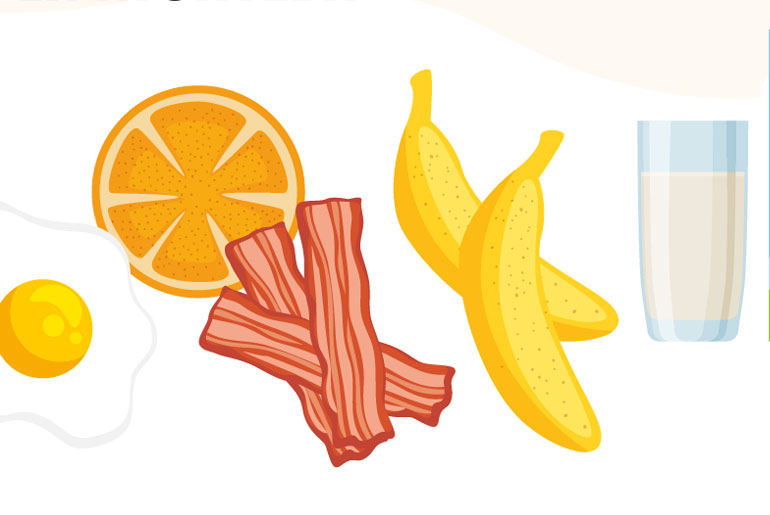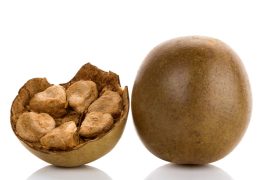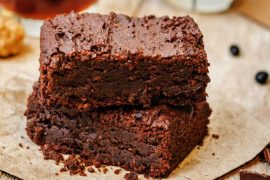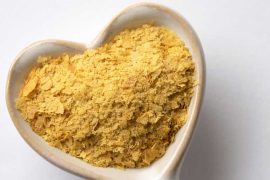According to Ayurveda, mixing hot and cold foods, or combining iron-rich and calcium-rich foods may not be advisable, as it can lead to the accumulation of ama, or toxins, in the body. This concept, known as “Viruddha Ahaar,” suggest that consuming foods in improper combinations can hinder proper digestion and nutrient absorption, potentially resulting in digestive troubles, deficiencies, or skin allergies. While meal may contain all the necessary nutrients for health, consuming them in incompatible combinations could prevent your body from effectively utilizing these nutrients. This accumulation of undigested metabolic waste can disrupt the body’s balance and lead to various health issues. Ayurveda emphasizes the importance of mindful eating and proper food combining to support optimal digestion, absorption, and overall well-being.
In Ayurveda, the combination of foods is considered crucial for optimal digestion and nutrient absorption. While some combination like adding lemon to dal or ghee on top of chapati are believed to increase nutrition absorption, the combination of palak paneer and date with milk also holds significance. Palak paneer, combining spinach and cottage cheese, balances the cooling properties of spinach with the heating nature of paneer, providing a nutritious blend of iron, protein, and calcium.
Certain food combinations can lead to digestive discomfort and hinder nutrient absorption. While palak paneer is a popular dish, the calcium-rich paneer may indeed interfere with the absorption of iron from spinach, reducing its overall nutritional appeal. Similarly, combining fruit with milk is discouraged, as it can lead bloating and indigestion due to conflicting digestion times and properties. Additionally, lemon honey tea, often consumed for its perceived health benefits, may not be ideal as heating honey can produce ama, or toxins, in the body. Indulging in combinations like ice cream with gulab jamun may contribute to acidity and bloating issues due to the conflicting nature of these foods. Ayurveda emphasizes mindful food choices and combinations to support digestive health and overall well-being.
These are some food combinations that Ayurveda suggests avoiding for better digestion and overall health:
Fruit and milk: Mixing fruit with milk may lead to digestive issues, as the fruit may ferment in the stomach, causing bloating and discomfort. However, mangoes are an exception and can be consumed with milk if they are sweet.
Palak and paneer: Combining spinach (palak) and paneer (Indian cheese) may reduce the absorption of iron from spinach due to the calcium in paneer, diminishing the nutritional benefits of the meal.
Honey and hot water: Heating honey can destroy its beneficial enzymes and antioxidants. Mixing honey with very hot water may also create harmful compounds, so it’s recommended to consume honey with lukewarm or room temperature water to preserve its health benefits.
Date and milk: Combining foods rich in calcium, like milk, with those high in iron, like dates, may inhibit the absorption of iron. This could reduce overall iron uptake, particularly concerning for individuals with anemia.
Ice cream and Gulab Jamun: Consuming hot and cold foods together can disrupt digestion and cause discomfort, as the body may struggle to regulate temperature and blood flow in the stomach.
Tea with meals: Tea contains antinutrients like tannins and caffeine, which can hinder the absorption of iron and calcium from meals. It’s advisable to avoid drinking tea with breakfast or snacks to optimize nutrient absorption.
Milk and fish: According to Ayurveda, combining milk and fish can create an indigestible mixture that may lead to the accumulation of harmful toxins in the body.
These food combinations may not be suitable for everyone, and individual tolerance may vary. Consulting with a healthcare provider or nutritionist can provide personalized guidance on dietary choices and combinations based on individual health needs and preferences.
Disclaimer:
The information contained in this article is for educational and informational purposes only and is not intended as a health advice. We would ask you to consult a qualified professional or medical expert to gain additional knowledge before you choose to consume any product or perform any exercise.






